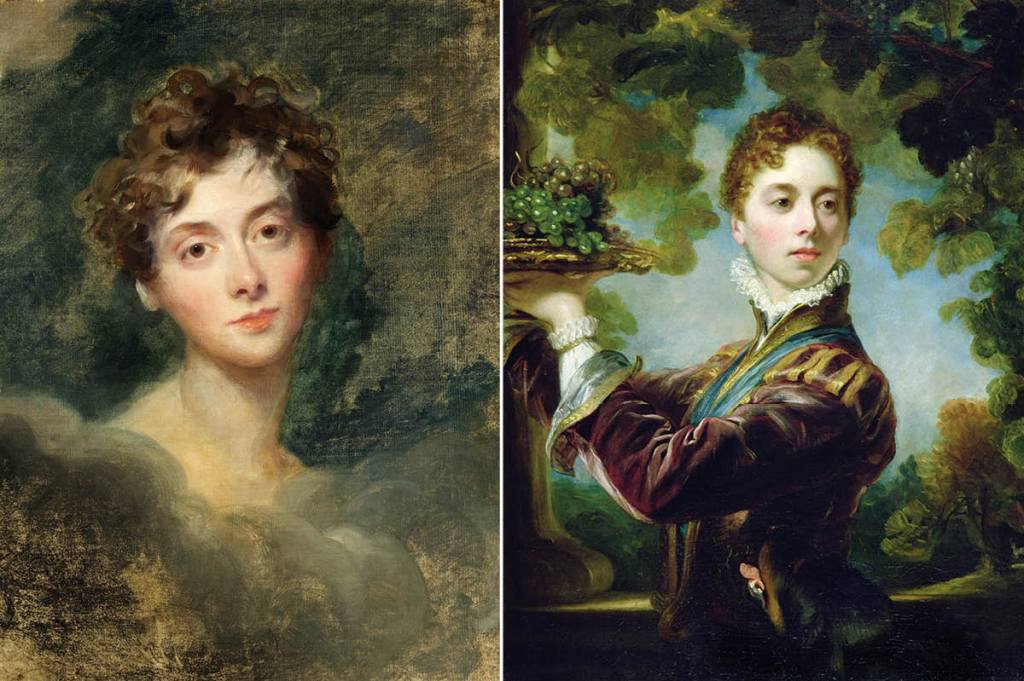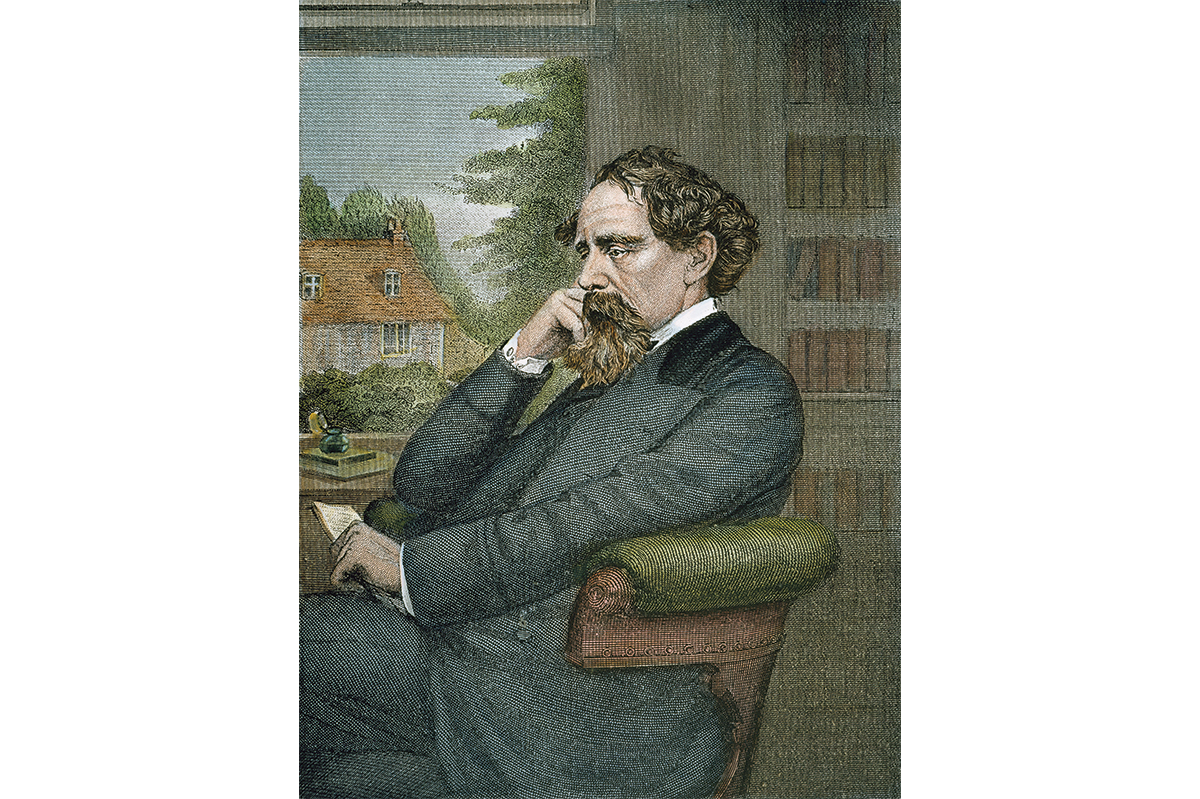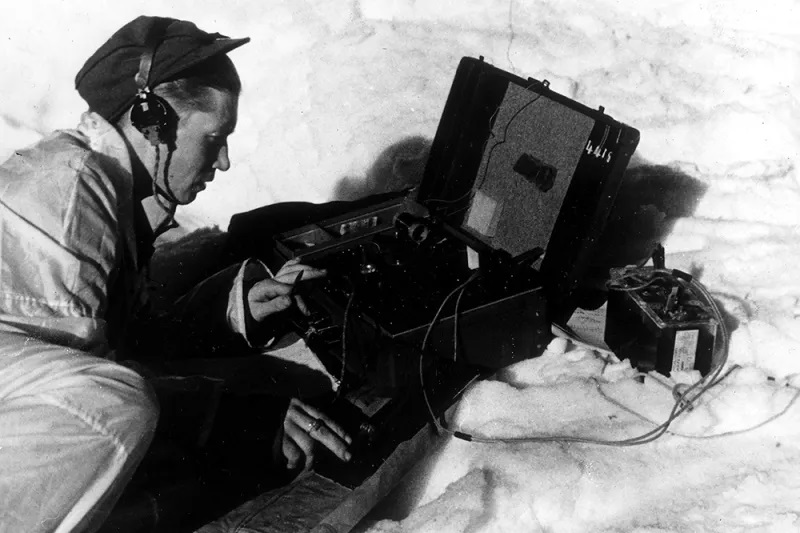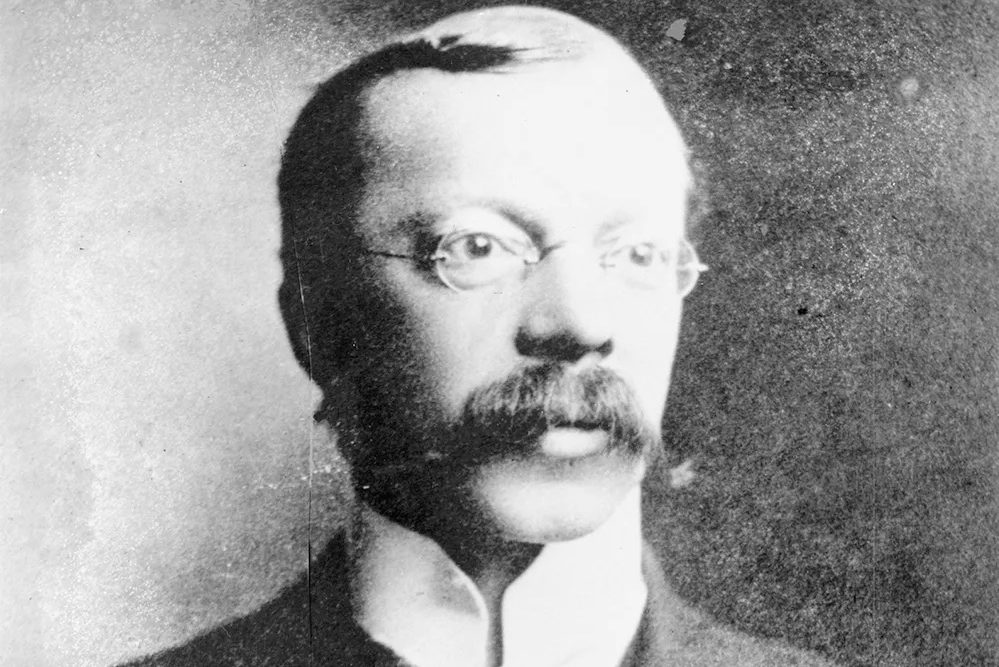“Mad, bad and dangerous to know.” That’s the line Lady Caroline Lamb (1785-1828) is known for — her brilliant, pithy verdict on her lover Lord Byron. Her other great claim to fame — her marriage to Viscount Melbourne, twice prime minister — was marginal from a historical point of view: she died, aged only forty-two, her health shattered by drink and laudanum, before Melbourne became PM; before he became Lord Melbourne, in fact — he succeeded to the title after her death.
But, still, as Lady Antonia Fraser reveals in her gripping biography, Lady Caroline Lamb: A Free Spirit, she was a remarkable woman, possessed of exceptional charm, as was Byron.
And their notorious affair was doomed, explosive, hooks-in-the-heart stuff, though it lasted only for a few months in 1812. Fraser poignantly captures one of the great scenes in history — let alone literary history — after Byron died at Missolonghi in 1824. He had been fighting for Greek independence, even if he actually died of a fever rather than on the battlefield.
By sheer tragic coincidence, his funeral cortège, on its journey back to the Byron family vault in Nottinghamshire, happened to pass by the Melbourne seat, Brocket Hall, in Hertfordshire.
And — heartstoppingly, serendipitously — Lady Caroline was there to see the body of her once-adored, then hated, lover go by. To make it worse, she was in an open carriage with her husband riding beside her. As the cortège passed, he asked its escort whose it was, and the answer struck Caroline dumb with anguish.
She wrote to her publisher, John Murray, “Lord Byron’s hearse came by our gates yesterday. You may judge what I felt.” Her agony must have been deepened by the fact that their affair had ended so disastrously — in another scene that seems too melodramatic to be true.
In 1814, after their romance was over, she had managed to get into Byron’s lodgings in St. James’s while he was away. In a copy of the Gothic novel Vathek, she scrawled the desperate plea of all distraught lovers: “Remember me!”
Byron — who had a nice line in the nastiness that often accompanies genius — composed a wonderfully horrible poem in response:
Remember thee! Remember thee! Till Lethe quench life’s burning stream Remorse and shame shall cling to thee And haunt thee like a feverish dream! Remember thee! Aye, doubt it not. Thy husband too shall think of thee: By neither shalt thou be forgot Thou false to him, thou fiend to me!
Such cavalier cruelty would be horror enough for anyone — particularly after Byron’s death, when it was published for all the world to relish Lady Caroline’s humiliation.
But it was agony maximized for a woman of such exquisite sensitivity. Fraser suggests she may have been suffering from bipolar disorder, once known as manic depression. Her behavior fits with the diagnosis: mood swings, agitation, racing thoughts and periods of manic energy, although there were no signs of the depression that normally accompanies the condition.
What she wasn’t was mad. As Fraser puts it, “She was an unusual, intelligent and independent woman, afraid of nothing (except the absence of love).”
There might have been some genetic condition in play. Her son with Melbourne, Augustus Lamb, had difficulties in talking, understanding and expressing himself. He was perhaps autistic and was epileptic.
Fraser speculates that that epilepsy might have been due to close blood ties between his parents. Caroline Lamb was ostensibly the daughter of the Earl of Bessborough and William Lamb was supposedly the son of Lord Melbourne. In fact, they could have been the illegitimate children of brothers, Charles Wyndham and Lord Egremont, making them first cousins.
Fraser paints a convincing, shocking picture of upper-class mores in the late eighteenth century, when Lady Caroline Ponsonby was born into the purple. Her mother’s sister was the renowned beauty and star of Whig society, Georgiana, Duchess of Devonshire. Georgiana composed a prescient poem on her niece’s birth:
Fairy, sprite, whatever thou art Magic genius waits on thee And thou claimst each willing heart Whilst thy airy form we see.
In another prescient move, the duchess gave baby Caroline, the future writer, a pencil to set down her own poems.
My God, what wild times they were! It’s hard to keep up with the frantic bed-hopping between the great houses of England at the time. The Duke of Devonshire, Caroline’s uncle, was having a long affair with Lady Elizabeth Foster (“No man could withstand her,” wrote one observer). Their daughter was born only four days before the Duke’s legitimate son was born — showing that the Duke had had sex with his wife and mistress within days.
These offspring of dubious parentage — “Children of the Mist,” as they were romantically called — were everywhere. A pamphlet published in 1785, the year of Caroline’s birth, declared, “It is a melancholy reflection that infidelities are much more frequent among people of elevated rank than those of less exalted status.”
All this may make Lady Caroline’s milieu sound rather frivolous. But Fraser makes a convincing case for her as a woman of substance. She broke the rules of society, in her wild, blatant affair with Byron. As Fraser puts it, “she showed an independence and indeed a courage which few women emulated in the early nineteenth century. In this sense, she was a free spirit” — thus the book’s subtitle.
She outraged her contemporaries. She outraged Byron’s supporters, who often referred to her as “the infamous Lady Caroline Lamb.” She shocked the biographers of her husband — and she has been eclipsed by the stories of Byron and Melbourne.
Yes, she shed significant light on the stories of those two great men. But she was an important figure in her own right, as a writer — her first novel, Glenarvon (1816), was a sensational bestseller, with its lead character a thinly disguised version of Byron — and as a tricky, glittering presence in society and a reflection of the age. Yes, she had the advantages of good looks and intelligence and a talent for being wise, amusing company. But she also showed how a woman — even with all those aces — would always remain a secondary figure.
Antonia Fraser’s other recent books on the period complement this one: Perilous Question: Reform or Revolution? Britain on the Brink, 1832 (2013); The King and the Catholics: The Fight for Rights, 1829 (2018); The Case of the Married Woman: Caroline Norton, a 19th Century Heroine Who Wanted Justice for Women (2022).
Taken together, they produce a complete picture of political, artistic and social life in late Georgian and early Victorian Britain. It is the culmination of a unique career. Fraser’s first bestseller, Mary, Queen of Scots (1969), came out over fifty years ago. Some historians can match that record. But none can go back to 1954, when twenty-two-year-old Antonia Pakenham, as she then was, wrote the novel King Arthur and the Knights of the Round Table. In seventy years of writing history, she has covered it all. If I met a clever Martian who wanted to know the history of Britain, it wouldn’t take long to advise him: read the complete works of Lady Antonia Fraser, I’d say. That’s thirty books — so far.
I must confess I’m biased. I’m Antonia’s cousin and often play bridge with her. Thank God she is my partner — so I don’t have to battle against her planet brain and formidable, trump-counting memory.
I interviewed her last year for her ninetieth birthday and asked her whether her gifts are genetic. Her siblings, children, parents, aunts, cousins, uncle and uncles by marriage (including Anthony Powell, author of A Dance to the Music of Time, and the painter Henry Lamb) share the creative gift.
“I deny that there is a gene — I say that it’s all me,” she told me, with mock outrage. I agree. What a life force she is — as well as a literary powerhouse. Born in 1932, almost 150 years after Caroline Lamb, she didn’t face the same obstacles. But it was rare enough for a woman of her generation to go to Oxford. Even rarer to write a single book; unique to write thirty books over seventy years. In that same interview, she told me, “I was privileged in two ways. One: my parents adored each other for seventy years. Two: my mother believed in women’s education more than anything.”
What a potent, long-lasting cocktail. And it’s still producing its intoxicating effects. Antonia has hinted that this is her last book. Don’t bet on it.
This article is taken from The Spectator’s July 2023 World edition.

























